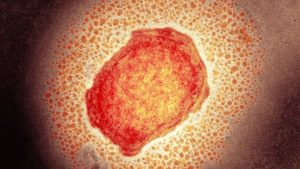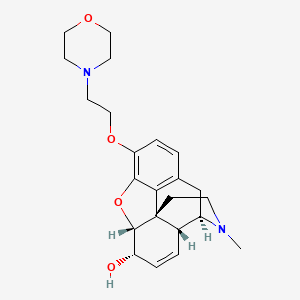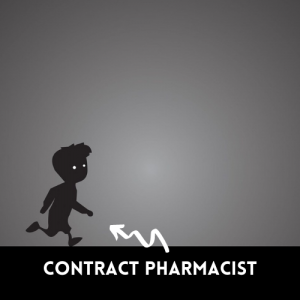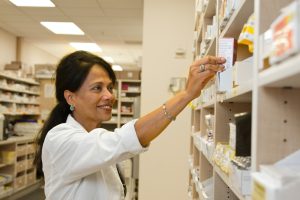How My Experience in the Hospital Changed my Practices in the Community Pharmacy

Edited by Carl Ivan Nimmo.
After completing my pre-registration training and compulsory service in a government hospital, I returned to practice in a community pharmacy. What I didn’t expect was how much my views would change regarding the management of diseases and their pharmaceutical and non-pharmacological treatments.
In a hospital setting, one of the main job roles of a pharmacist is to improve pharmaceutical therapy, regardless of the department you are in. Be it inpatient or outpatient, it is important for a pharmacist to detect any drug-drug and drug-disease interactions when screening for errors in prescriptions. Familiarisation of common pharmaceutical interventions allows fast detection of errors in prescriptions, especially in a community pharmacy with high volume of daily transactions. In hospital settings, counselling about devices such as insulin injection and inhaler techniques will also be part and parcel of a pharmacist’s daily work, as many patients would need advising on the use of those medical devices, both in the hospital and upon discharge.
In my experience, the most valuable experience one can get from working in a hospital pharmacy is the opportunity to collaborate with various healthcare professionals: one gets to see the whole picture of the disease instead of focusing solely on pharmaceutical care. You will learn the pathway to the most accurate diagnosis and how pharmaceutical care changes with each finding. Being a hospital pharmacist also allows you the privilege to follow the journey together with the patient. When the diagnosis is unconfirmed, symptomatic treatment will be provided to ease any discomfort in the meantime. Only after the final diagnosis is made from the blood tests and scans, can the treatment for the root of the disease can be prescribed.
My idea of a model pharmacist has no doubt changed after practicing in a hospital environment. It enabled me to zoom out and analyse the causes of a disease better, hence optimising the choices of medications to each case. One will learn about the patient’s background such as BMI, social setting, medical history and the events leading to the admission to the hospital from the clerking of cases. Through the process of information gathering for a case, I realised the true meaning of a “holistic approach” to the diseases that were taught in the lectures back in university. We get to see the bird’s eye view of the disease, gaining insights from doctors, nurses, dietitians, physiotherapists and so on. The mist cleared, and I see what the patients and other health professionals see.
In contrast, I found was that in the community pharmacy, I can make a personal connection with the patients as we chat about their experiences of admittance – my colostomy patients especially appreciated understanding more about their condition. When I interact with the visiting nurses, they seem to find it easier to discuss about such things as infusion lines and catheters with me than in a hospital environment.
At this point, you might ask how these considerations really help me in my community practice? Having good clinical knowledge helps maintain the competitiveness needed to stay financially afloat amidst a bloom of chemists in every corner of the neighbourhood. Beyond beating or matching a competitor’s price, a pharmacy can attract and retain customers by improving upon the services and counselling they provide. For certain customers with a complicated disease history, they might choose to get their prescriptions filled at a chemist that provides them with a better understanding of their medical condition. A knowledgeable pharmacist provides reassurance and an extra safety net for this group of patients against medication-related problems as they screen and fill the prescriptions. This confidence the patients have in your ability to assess their medical conditions and assist with their needs, is paramount to the survival of your community pharmacy in the modern competitive landscape.
The opinions expressed in the article are the writers’ own and do not reflect the view of MPS YPC.













